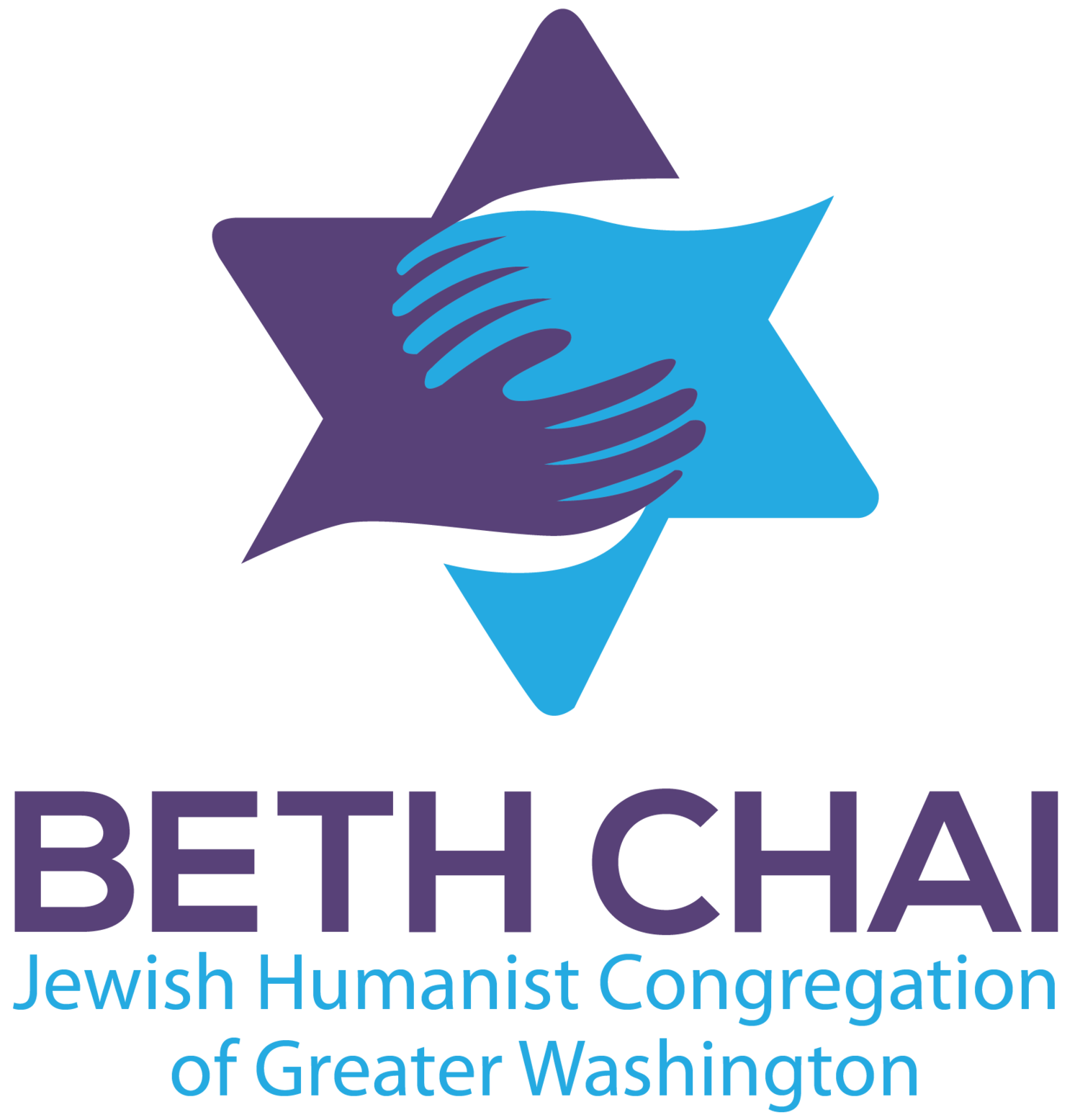Silence
This week, the Jewish community marked Yom HaShoah, Holocaust Memorial Day. I have been to a lot of different Yom HaShoah observances over the years. For me, the most moving Yom HaShoah commemoration is surprisingly simple.
At 10 am on Yom HaShoah, air raid sirens blast throughout the country. Everybody stops what they are doing. Everybody. Cars stop on the highway and the occupants get out and stand silently. All work at schools, stores and offices comes to a halt. Nobody says a word. For two minutes, there is complete silence. Radios and televisions are switched off. For two minutes, you only hear the wind and birds. If you have been to Israel you know: Israel is not a quiet country. To be silent for two whole minutes requires communal will.
Two minutes doesn’t sound like much. But try it. Stand at attention for two minutes and imagine everybody around you doing likewise. It is difficult to stay focused, but moving and memorable.
Silence, in many ways, might be the truest commemoration of the Holocaust. We can say words but they can not describe the enormity of the tragedy. And, part of the tragedy was the silence of the world in response to the victims’ suffering.
Silence may be the best, most moving way to commemorate the Holocaust. But silence is not the best way to memorialize the victims. The best way to memorialize the victims is to speak very loudly in words and deeds when you see injustice. The best way to memorialize the victims is to use Yom HaShoah to rejuvenate your commitment to being a change agent.
History seems to have a way of repeating itself. Yom HaShoah tells us to stop. To pay attention. To notice the unheard sounds of suffering around us. To recognize that not everything is right. And, to move forward to make a difference.
